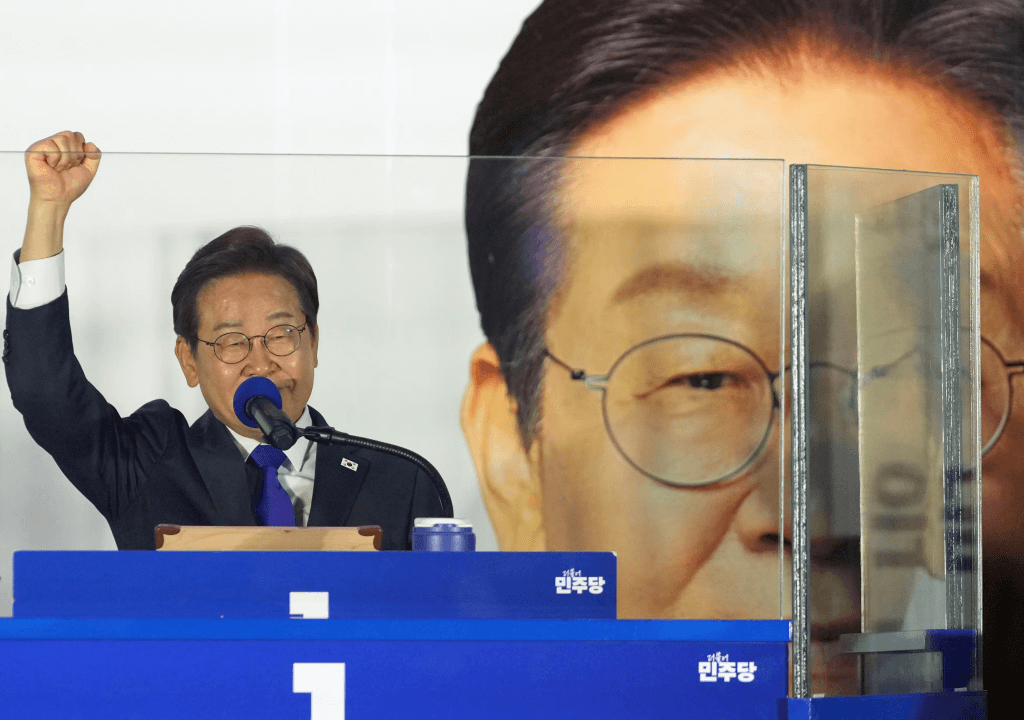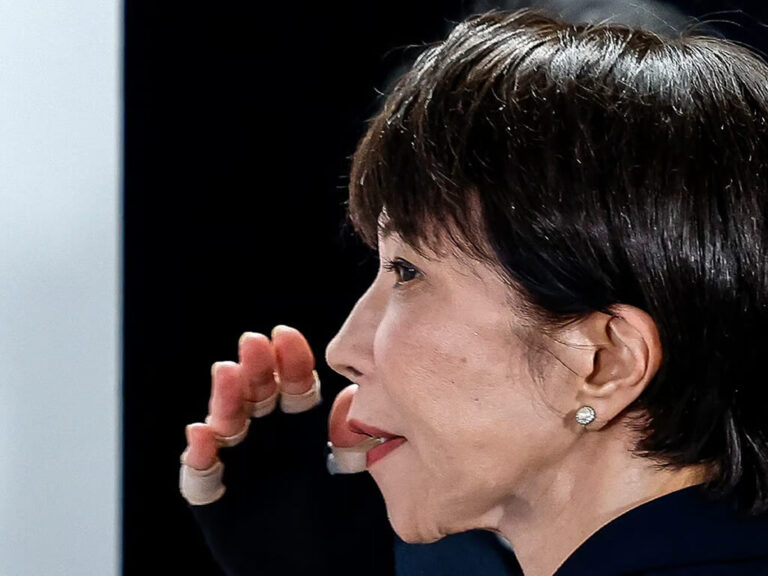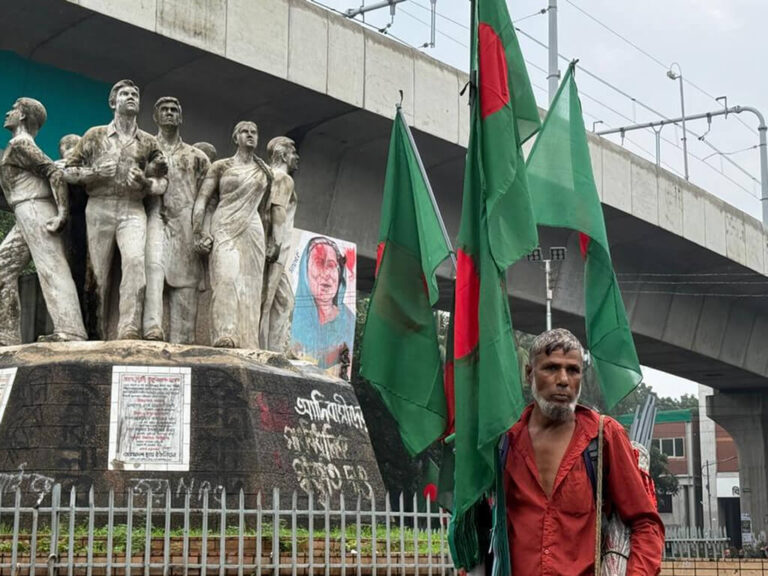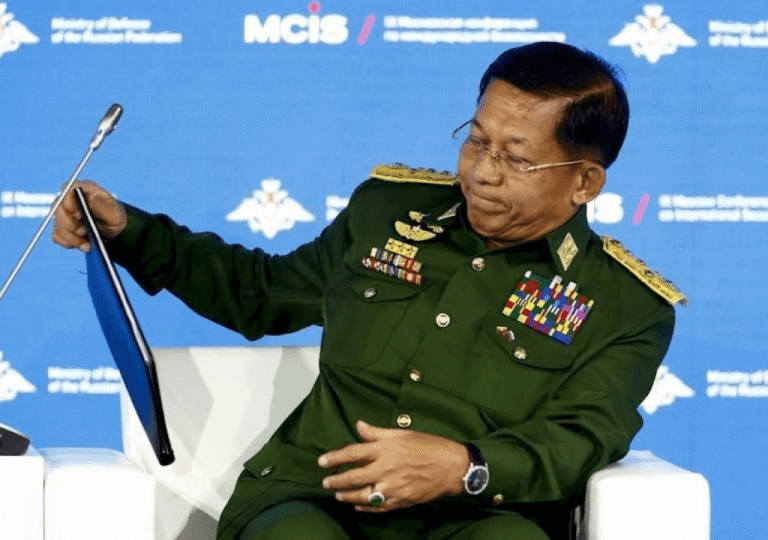As expected, liberal candidate Lee Jae-myung has won South Korea’s presidential election, securing 49.42% of nearly 35 million votes cast—marking a return of liberal leadership to South Korean politics. Lee’s conservative opponent, Kim Moon-soo, secured 41.15% of the vote—outperforming opinion poll predictions—but struggled to win over moderate swing voters amid internal divisions within his People Power Party over how to handle the controversial legacy of former President Yoon Suk Yeol.
With voter turnout reaching 77.8%—surpassing the rate in the 2022 presidential election—South Koreans demonstrated a strong commitment to shaping the country’s future. The question now is whether the alignment of both the presidency and parliament under the same political faction can break the current stalemate and steer the nation out of its economic, political, and social difficulties.
A hard-won victory
Lee Jae-myung, 61, a former factory worker who became a human rights lawyer, has been elected president after two previous failed attempts. He lost his party’s nomination to Moon Jae-in in 2017 and came within a hair’s breadth of victory in the 2022 election, ultimately falling to Yoon Suk Yeol by less than one percentage point—the narrowest margin in South Korea’s presidential history. Since 2022, he has represented Gyeyang B in the National Assembly, and previously served as governor of Gyeonggi Province (2018–2021) and as leader of the Democratic Party from 2022 to 2025.
A dominant figure on the liberal side of South Korean politics, Lee has long been a lightning rod for controversy and a frequent target of criticism from the right. During the campaign, he took unprecedented security measures for a South Korean candidate—wearing a bulletproof vest, standing behind protective screens, and surrounded by armed guards—following a knife attack in January of the previous year that left him with serious neck injuries requiring emergency surgery.
Lee drew international attention during the 2024 martial law crisis, when he climbed over the National Assembly fence and live streamed the moment—a symbolic act of defiance that made headlines around the world. He went on to play a key role in leading the impeachment process against Yoon, a move that ultimately reshaped the nation’s political landscape.
It’s time to unite people
The deep divisions that emerged during the controversial presidency of Yoon Suk Yeol, a staunch right-wing figure, are expected to persist as Lee Jae-myung begins his five-year term —without the usual two-month transition period. Despite the political turmoil that brought international embarrassment to South Korea, the election results showed no overwhelming mandate for Lee. Conservatives remain a strong force, trailing by only about 8%. The Reform Party’s presence may have siphoned off conservative votes, but the race remained tightly contested. Many voters still express loyalty to the conservative bloc, highlighting the enduring polarization in South Korean politics. The fallout from Yoon’s impeachment is also expected to cast a long shadow over Lee’s presidency.
Fully aware of these divisions, Lee emphasized his duty to unite the country in his first remarks following the election results. It is a promise he must uphold if he hopes to move South Korea forward.
Meanwhile, Kim Moon-soo, a former labor minister under Yoon, ran a forceful campaign and it still echoes against Lee. He warned that Lee could misuse his authority to retaliate against political rivals and leverage his party’s majority in the National Assembly to shield himself from several criminal investigations. Speaking at a rally in the southeastern city of Busan, Kim accused Lee of trying to “Seize all power in South Korea and establish a Hitler-like dictatorship.”
Lee is currently entangled in several criminal cases, including charges of bribery and alleged links to a major property development scandal. While the courts deferred proceedings until after the election, allowing him to campaign with the cases still pending, Lee has dismissed the accusations as politically motivated. Nonetheless, the unresolved legal issues—combined with a deeply polarized electorate—are likely to make the task of unifying the nation a formidable challenge for the new president.
A period of challenges awaits
Lee Jae-myung steps into office facing a series of formidable challenges. Domestically, he must address a slowing economy, growing income inequality, and a soaring cost of living—all issues that were largely sidelined during South Korea’s recent political crisis. Internationally, he confronts a turbulent global landscape shaped by Donald Trump’s trade war, intensifying U.S.-China tensions, and the ongoing nuclear threat from North Korea. Additionally, political polarization at home and complex diplomatic expectations abroad will further test his leadership.
Lee has promised a pragmatic approach to foreign policy. He has reaffirmed South Korea’s alliance with the United States and pledged continued cooperation with Washington and Tokyo, maintaining the broad contours of his conservative predecessor’s foreign agenda. However, he has also signaled a clear departure from Yoon Suk Yeol’s hardline stance toward North Korea. While Lee has expressed a desire to re-engage diplomatically with Pyongyang. Lee maintains that his administration will pursue both strong deterrence and open dialogue with North Korea, aiming to build a foundation for lasting peace on the Korean Peninsula—a position likely to draw criticism from conservatives.
And it’s sure it will not be easy for a liberal president in the social media era.








